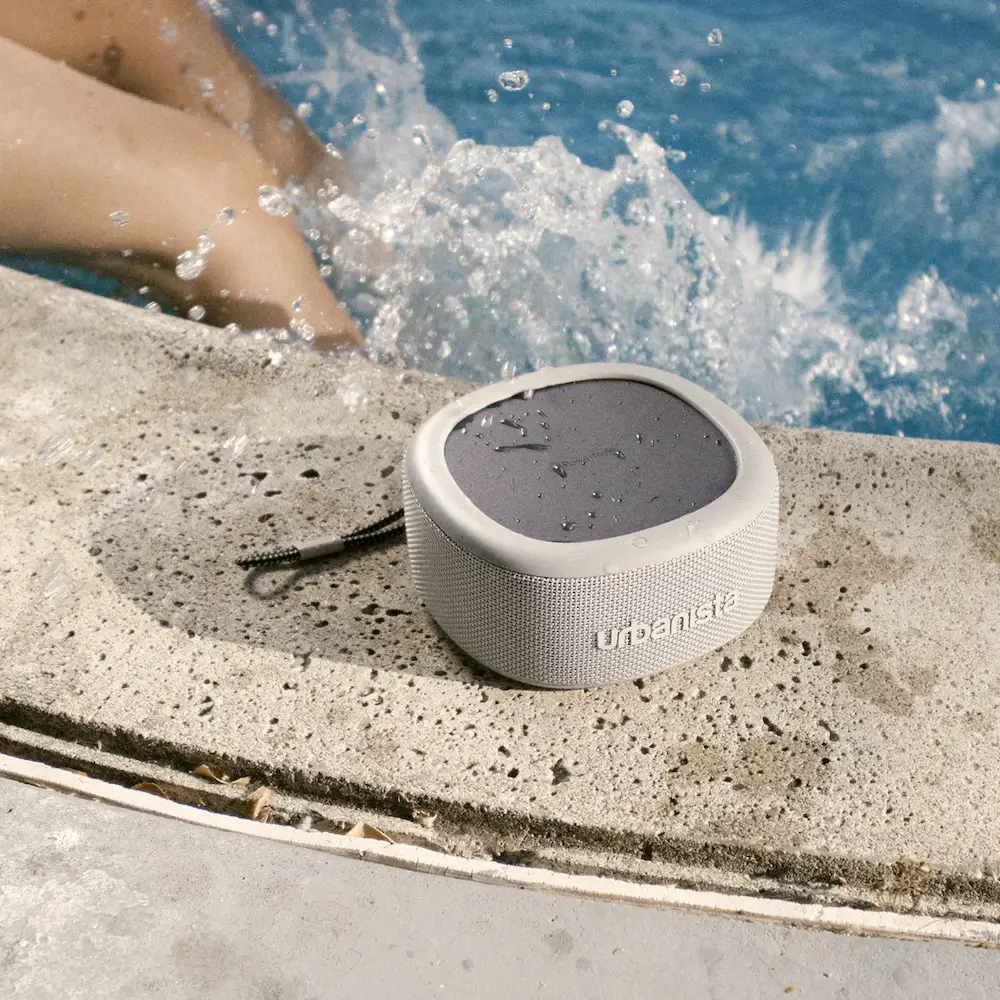The soon to be released Urbanista Malibu wireless speaker is the very first self-charging, light-powered, fully waterproof, portable speaker that holds a charge for up to 30 hours of play time (and quite possibly more*).
The Urbanista Malibu Wireless Speaker

The soon-to-be-released speaker is the first ever to be powered by Powerfoyle™ solar cell technology.

Other currently available solar Bluetooth speakers on the market are equipped with silicon panels that harness energy from the sun and fire up the batteries. Every one of them needs a full charge before deployment since there isn’t enough space to house the number of solar cells required to power up the entire battery. Until now. And it’s not because the Urbanista device is bigger, it’s because of an advanced solar cell material called Exeger Powerfoyle™

The Urbanista Malibu, just like the Swedish brand’s solar earbuds and headphones, uses Exeger’s Powerfoyle solar cells to recharge the Bluetooth speaker’s battery. This allows the Malibu, which is made of recycled materials, to recharge while unplugged utilizing both ambient indoor lighting and outdoor sun to generate clean energy. The speaker also has an IP67 rating, meaning it’s fully waterproof and protected against sand, dust, and dirt, making it beach-perfect.

The accompanying app keeps track of the Malibu’s live light-charging and allows you to customize the sound profile. If you’re interested to find out how much energy you’ve harvested over the speaker’s lifetime, the app also lets you to check out its historical data.

Available in Black or Desert Gray, the Malibu’s design houses a 3,600-mA battery, which powers dual 10-watt amplifiers inside. The device can not only be fully charged by the solar cells, but has USB-C charging, too.

With a suggested retail price of $149 USD (£149 or €169), its convenient size, minimal design and long charge hold time, the Urbanista Malibu wireless speaker outshines the other solar-powered ones.


Sign up here to be alerted of the launch
all images courtesy of Urbanista additional info courtesy of Wired



